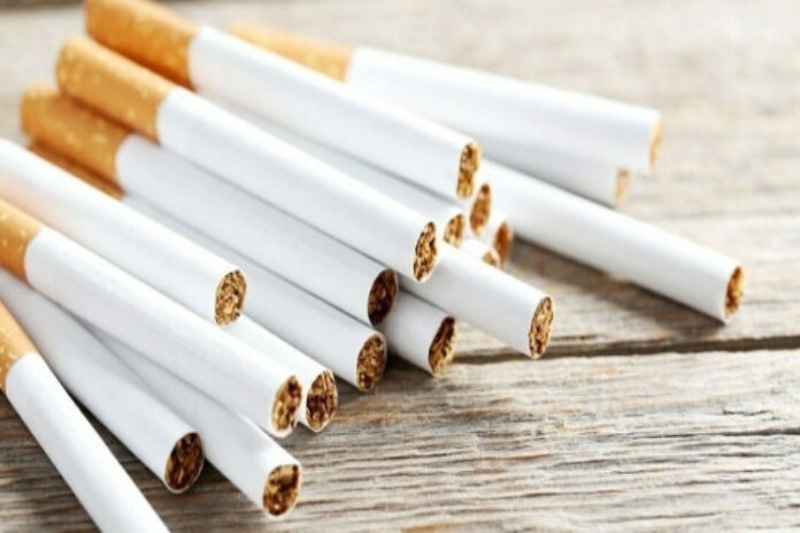New Zealand is Going to Abandon its Historic Tobacco Ban

The world’s first rule prohibiting tobacco sales to minors will be repealed in New Zealand on Tuesday, the government announced, despite warnings from campaigners and researchers about the possibility of fatalities.
The world’s strictest anti-tobacco regulations, which were scheduled to go into effect in July, would have lowered the amount of nicotine in smoked tobacco products, prohibited sales to anybody born after January 1, 2009, and eliminated more than 90% of tobacco merchants.
As previously mentioned, the newly elected coalition government, which was chosen in October, affirmed on Tuesday that the law will be repealed urgently. This will allow them to do away with the requirement for public comment.
The coalition administration, according to Associate Health Minister Casey Costello, is dedicated to lowering smoking rates, but it is adopting a different regulatory strategy to deter smoking and lessen its harmful effects.
Costello declared, “I will shortly be taking a package of measures to cabinet to increase the tools available to help people quit smoking.” To discourage youth, he also indicated that vaping laws would be tightened.
Fears that the decision may have a stronger effect on the Maori and Pasifika populations—groups with higher rates of smoking—have also received criticism, with the decision being strongly criticized for its anticipated impact on health outcomes in New Zealand.
According to Hoek, co-director of a team researching smoking cessation strategies, “Large-scale clinical trials and modelling studies show the legislation would have rapidly increased the rates of quitting among smokers and made it much harder for young people to take up smoking.”